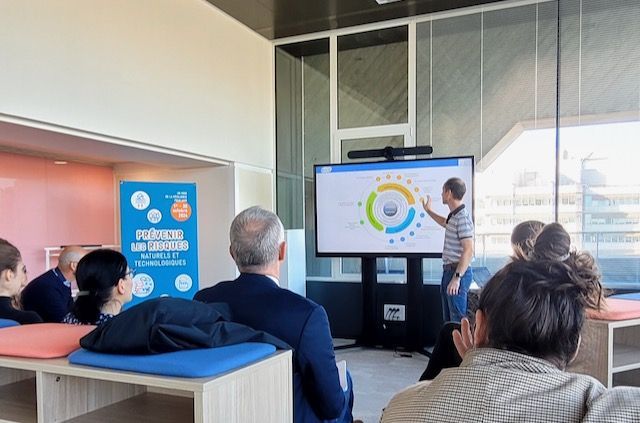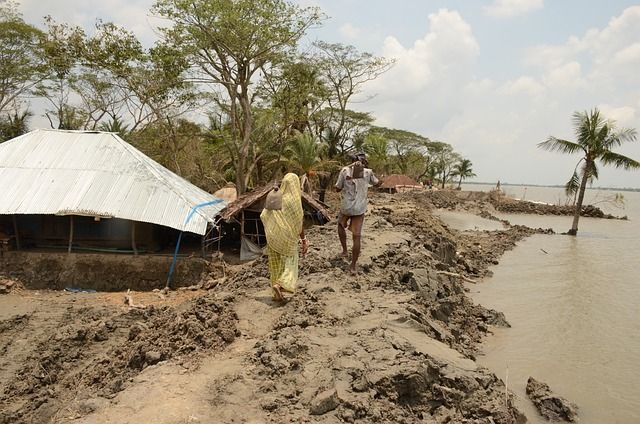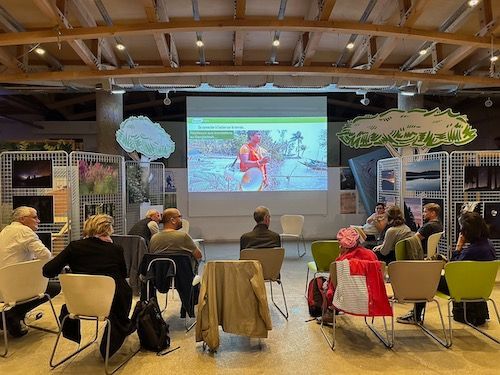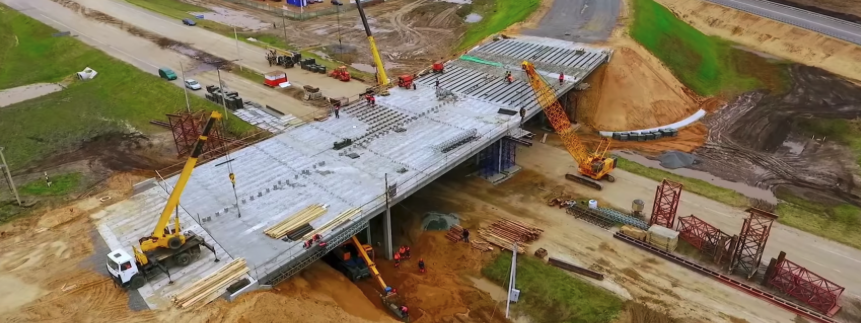Eliud Kipchoge manages risk to run a sub 2-hr marathon
- By florian.glinserer
- •
- 12 Oct, 2019
- •
An incredible athletic achievement and milestone is reached

This astonishing feat was achieved by the amazing long-distance runner, Eliud Kipchoge.
I am a marathon runner myself, and I always aim to finish in around the 3-hour mark. I cannot fathom achieving a marathon in under 2 hours, or indeed anything close to that mark.
Any marathon runner will tell you that there's a lot that can happen during a marathon. You can of course be bang on form and run a good race. Or, something can happen - an injury of some sort - that impacts your ability to keep going. Or it can just get hard - especially in the mid-30 kms - and your brain can start thinking some strange things.
This particular incredible feat was achieved through the application of military-like precision planning (as various news articles describe). That's for sure. Yet it ultimately needed the runner - Eliud himself - to manage his risks throughout the duration of the 42.195km distance. The fact that he was able to do so, and be smiling and appearing in such good shape at the end of it, is testament to good planning and training, and excellent management of risks.
Whilst it's not the official world record, it is still an absolutely remarkable feat.
Kipchoge - a very modest sports person - said he knew within the first kilometre than he would achieve his objective. He dismissed comments of mid-race presented brief troubles. “That’s untrue,” he said.
It seems incredible that the four-time London marathon winner trained for it for just four months. His Saturday morning pre-race breakfast? Oatmeal.

We held very interesting in-person discussions about how my Urban 2.0 framework and system can be used by cities and towns around the world, and also the release of the UNDRR Global Assessment Report, Special Report 2024, which I was delighted to contribute towards.
The municipality of Bordeaux is continuing to pursue some excellent work in urban resilience, which I will be profiling in due course...

Almost half of Small Island Developing States' (SIDS) populations reside in urban areas. Research into urban resilience and urban planning tends to focus on cities in large nations, and only a relatively small amount of specific research on SIDS cities currently exists. However, much of the general urban resilience research is applicable to SIDS, as long as context is considered.
This paper focuses on ways to implement measures that will foster resilient and dynamic cities in SIDS. Ensuring good policy action to build, maintain and continuously improve these cities is key to achieving sustainable development and resilient prosperity as set out in the Outcome Document of the Fourth International Conference for Small Island Developing States (SIDS4).

With growing challenges like climate change, debt burdens, and dwindling resources, they desperately need an actionable, doable, and ambitious roadmap for the next decade. 2024 is an important year for SIDS, with the SIDS4 conferencetaking place in May.
You can access details about the Forum on the Island Innovation website, here.


You can read edition #1 here. This first edition is an introduction to our work, containing a summary of some of the work we are undertaking, links to case studies and interviews with people about different aspects of avoiding disasters.


We held a very interesting in-person round table discussion with citizens about how disasters can be avoided.
The municipality of Bordeaux is pursuing some excellent resilience work, which I will be profiling in due course...

We reviewed approaches being taken to prevent hazards from turning into disasters, including examples and how innovation is helping countries, cities and communities prevent adverse fallouts from hazard events.
You can access the webinar and download all presentations here.


The December 2022 edition, which covers a wide variety of infrastructure-related topics, is available here...
